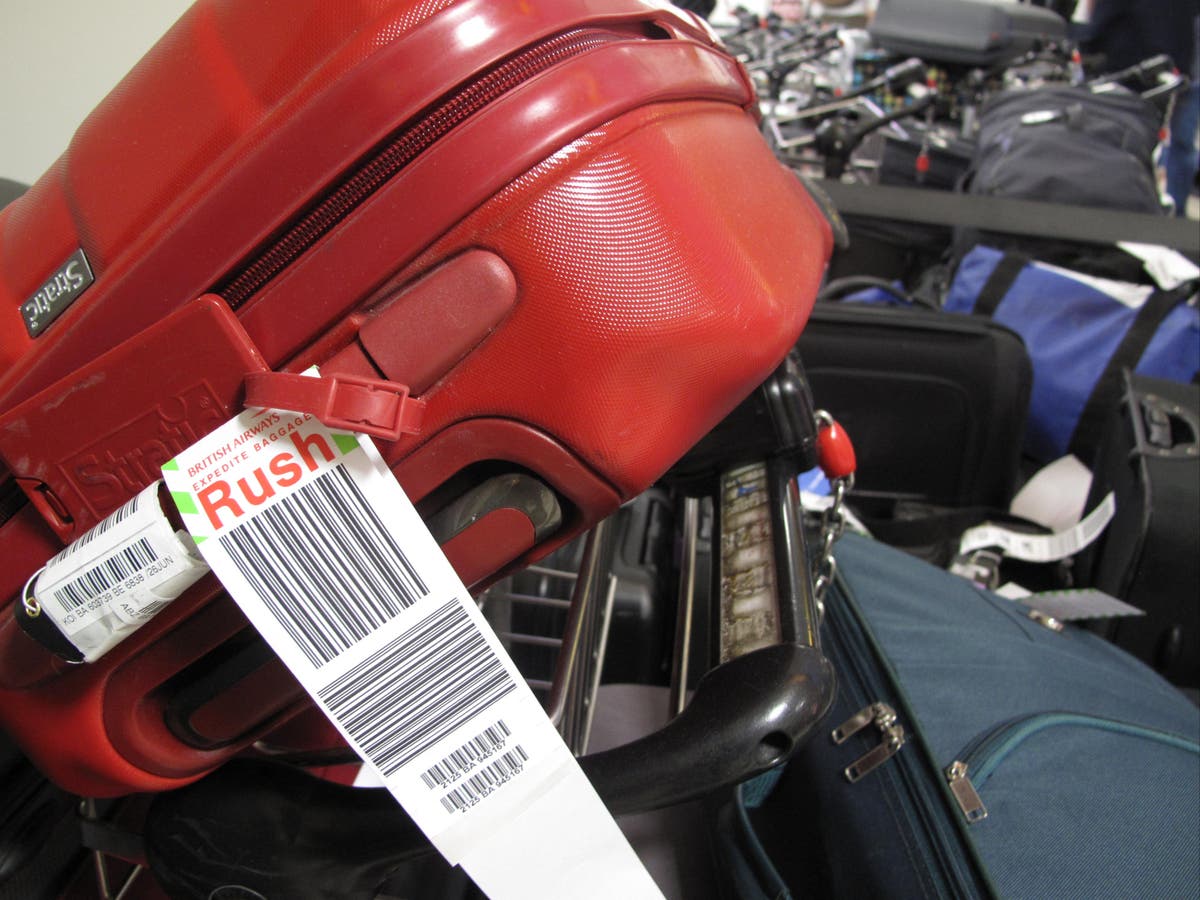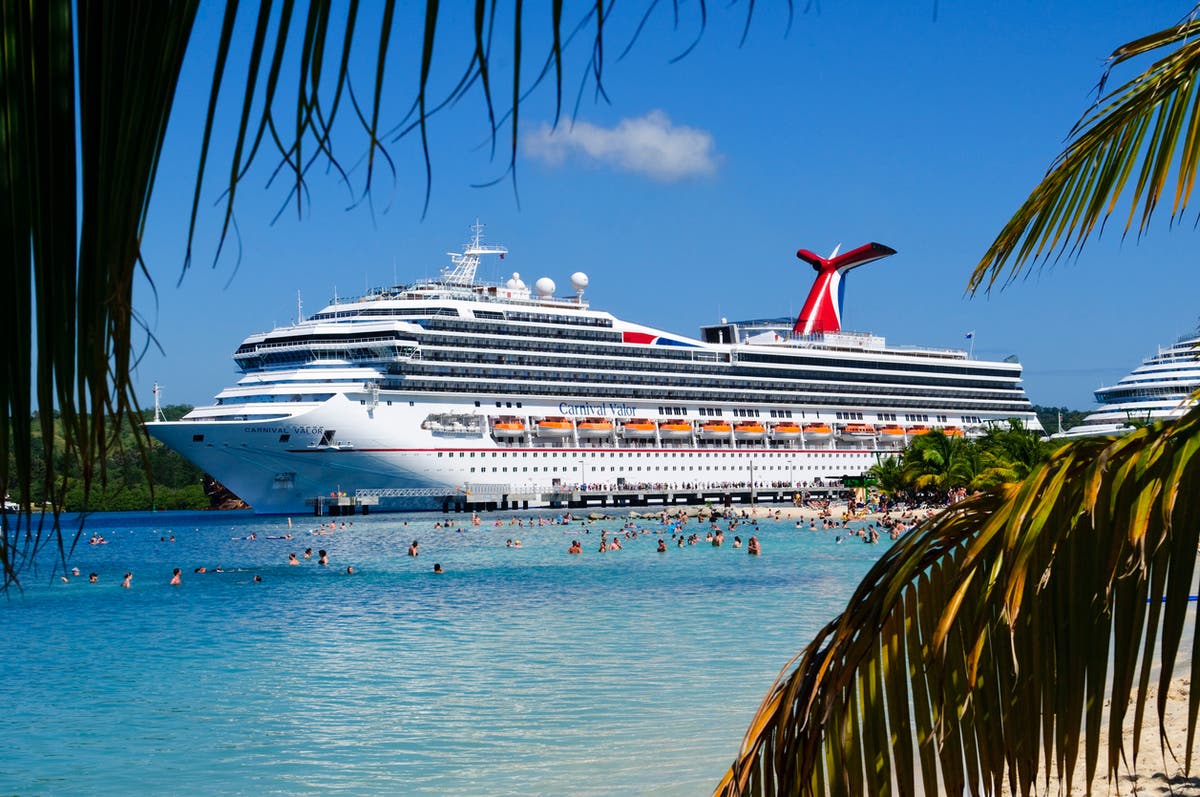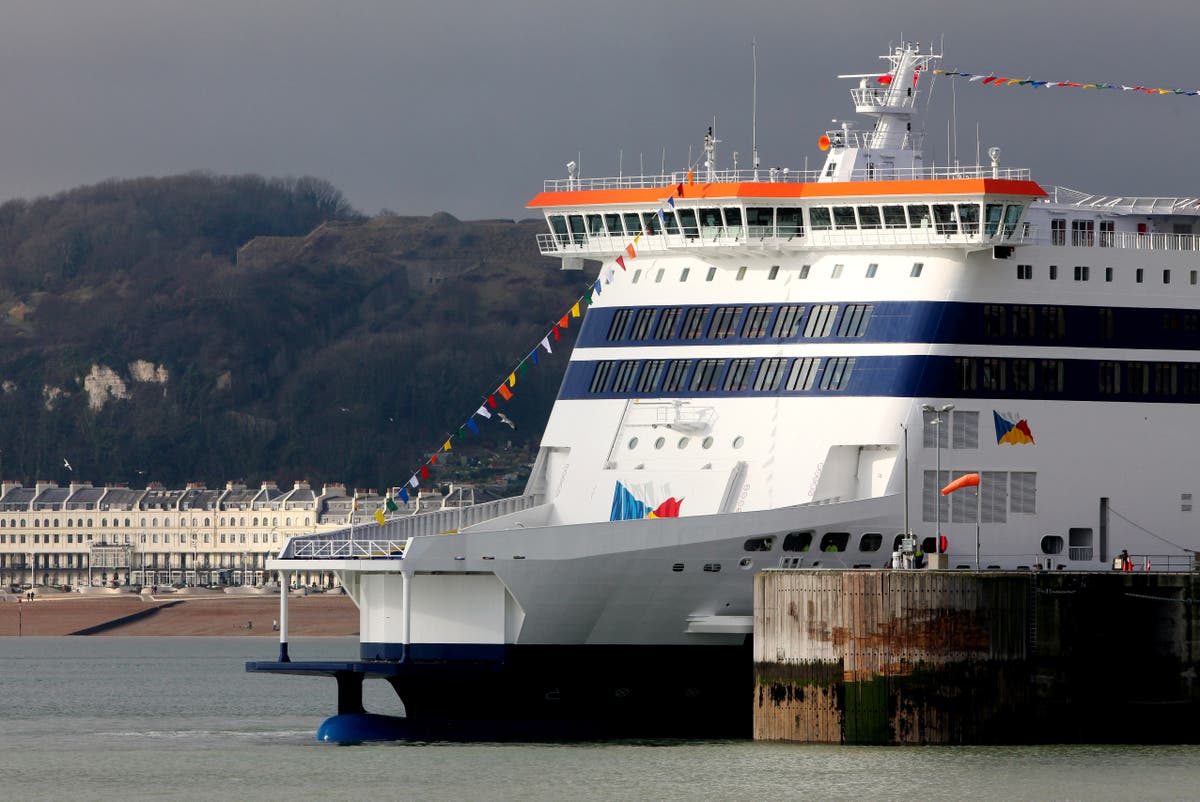Surely airlines should have to pay a fixed penalty for losing passengers’ luggage?
Plane Talk: Passengers deserve better baggage rights but the UK chose not to confer them

“My daughter just had a whole holiday without luggage,” an understandably annoyed reader writes.
“The airline will only be compensating for a few T-shirts she bought while she waited in vain. Yet her whole holiday was ruined.
“Surely there should be a fixed penalty for losing luggage?”
Across the land, thousands of others will be calling for the same thing. Because the current situation is absurd.
When European air passenger rights rules were first created 18 years ago, parliamentarians in Brussels and Strasbourg deliberately built in deterrence. An important ingredient of the 261/2004 regulation was compensation; payments to passengers were set deliberately high to encourage airlines to cut the amount of overbooking and cancelled flights.
If a standard mid-range flight within Europe using an Airbus A320 with 180 seats is cancelled or delayed by (a fairly arbitrary) three hours or more, the theoretical financial damage to the airline in cash payouts to passengers is an astonishing £63,000 – assuming everyone claims, which they never do.
The European Parliament’s cunning plan was this: make the penalties extreme enough and airlines will operate their schedule as planned. Take my word for it: airlines always want to operate their schedule as planned, and they already have plenty of financial incentives to do so. Missing airport curfews, reputational damage and crew going “out of hours”, thus requiring hotels for them and all the passengers, can prove very expensive. But the EU imposed the rules anyway.
Yet the pro-consumer legislation has nothing much to say on the matter of baggage, beyond pointing out that the Montreal Convention on aviation includes rules for paying out up to £1,000 in compensation if a piece of luggage goes permanently astray.
A far more common situation, though, is overlooked: bags being left behind at the departure airport, or sent to some random location on the other side of the planet only to be reunited with their owner many days later.
Misrouting baggage is already expensive for airlines. Paying for the purchase of essentials (T-shirts, toiletries), and delivering baggage to passengers’ homes can cost more than the original price of the ticket.
To return to the (missing) case of the reader’s daughter: I imagine spending the holiday without her luggage was far more annoying than a three-hour flight delay would have been, yet her entitlement is zero compensation for the former and a £350 payment for the latter.
The current muddle of European rules (which the UK adopted wholesale for international flights after Brexit) may even have the unintended consequence of incentivising airlines to leave bags behind.
Suppose a flight is running two and a half hours late, and ground-handling issues mean it will take at least 30 more minutes to load everyone’s luggage. Financially, the airline will suffer the least damage by not hanging around, and taking off with only half the bags on board – even though most passengers would happily wait an extra hour if it meant having their possessions.
Since Brexit, the UK government has been able to reform passenger rights rules. Ministers chose to moderate the amount of compensation for delays and cancellations on domestic flights, which I regard as a sensible move. They could also have tackled luggage issues, but chose not to do so.
I hope pressure from the pro-consumer Transport Select Committee might persuade the government to reconsider – and prescribe payouts for passengers who are separated from their baggage.
At the same time, it would be good to see something done about the dreadful situation when passengers land as scheduled only to wait many hours for their bags. A three-hour wait for baggage at Manchester or Luton airport is just as annoying as a three-hour delay leaving Palma, and compensation should reflect that.
Ideally, of course, we should all take only hand baggage: less damaging for the planet, less stressful for humanity.

 Hollif
Hollif 
































.jpg?trim=0,147,0,146&width=1200&height=800&crop=1200:800)